In 2019 alone, there were 779,940 bankruptcy filings in the US. For businesses and individuals suffering from financial hardship, filing for bankruptcy can provide the foundation for a new beginning. To that end, understanding what Chapter of bankruptcy you should file for can help you prepare for bankruptcy.
At Johnson/Turner Legal, our Minnesota bankruptcy lawyers help clients who file for bankruptcy regain control of their finances and lives. We use a flat-fee pricing model so you know exactly how much our services cost up-front. Our goal is to help you move through the bankruptcy process and get a fresh start, so we’ll never saddle you with hidden fees or unexpected costs..
Learn more about how our bankruptcy lawyers in the Twin Cities area can help you file for bankruptcy in MN. Book a consultation with our firm! Contact us online or call us at (320) 299-4249.
![]()
When you feel overwhelmed by your bills and need a fresh start. You can imagine the relief and peace of mind of being shed of the stress that you feel every day.
The problem is you don’t understand the process, whether you qualify to file bankruptcy and you worry you will lose valued assets in the process.
Johnson/Turner Legal’s Fresh Start bankruptcy is designed for you. Our Minnesota bankruptcy attorneys will meet with you to answer your questions, determine if you are eligible for a Chapter 7 or Chapter 13 bankruptcy, explain the timeline and process and explain to you what assets you can retain.
The average American household carries a debt of $137,063. If you, like many Americans, feel like you’re in a hole you can’t dig your way out of, you might consider bankruptcy.
One of the most significant benefits of bankruptcy is the automatic stay you receive when you file. An automatic stay can stop foreclosure, eviction, or wage garnishment. It can also stop creditors from pursuing you via debt collection.
It’s important to note that creditors can ask to have the automatic stay lifted to collect secure debts. A secured debt is a loan the borrower pledges asset or collateral to “secure,” such as a mortgage.
To receive an automatic stay, you only need to file a three-page bankruptcy petition, a signature declaration, and a list of your outstanding liabilities (debts) and creditors with the bankruptcy court.
To prepare for bankruptcy in Minnesota and file successfully, you’ll need to take the following steps:
Now that we’ve covered the basics of bankruptcy, it’s time to look at the two most common types: Chapter 7 and Chapter 13 bankruptcy.
Chapter 7 bankruptcy is also commonly called “liquidation bankruptcy,” because debtors liquidize their assets to repay creditors.
To qualify for a Chapter 7 bankruptcy, you must complete a means test and meet certain requirements, such as falling under your state’s median income. In Minnesota, the median income is $58,476 for single-earners and $70,315 for two-earner households.
To file for Chapter 7 bankruptcy, you’ll need to provide the bankruptcy court with various documents, such as:
Typically, essential assets such as your home or vehicle will be exempt from the bankruptcy process. However, that doesn’t mean all your non-essential assets will be claimed by creditors and used to repay debts. Many creditors consider common assets worthless, and will simply forgive debts or ask to set up a payment plan instead of asking you to liquidize assets.
When you file for Chapter 7 bankruptcy, the Office of the US Trustee will assign a bankruptcy trustee to your case. The bankruptcy trustee acts as a sort of mediator between the debtor and the creditors.
The trustee will arrange a creditors meeting. At the creditors meeting, you sit down with your trustee and creditors to discuss your debts. Ideally, you will work with the trustee and the creditors to determine how to repay your debts (or which liabilities will be forgiven).
Certain debts, such as delinquent child support payments, student loans, and owed taxes, are exempt from the Chapter 7 bankruptcy process. You will need to pay off these loans regardless of your bankruptcy case.
At the end of the case, any creditors that have decided to claim assets as repayment for debts will do so. Any other non-secured debts or non-exempt liabilities you have will be discharged (wiped out) by the bankruptcy court.
A skilled Minnesota bankruptcy lawyer can help you understand the bankruptcy process more thoroughly and act as an advocate throughout the process, helping you defend your assets from creditors.
If you don’t qualify for Chapter 7 bankruptcy because your income is too high, you’ll probably end up filing for Chapter 13 bankruptcy. To file for Chapter 13 bankruptcy, your debt cannot exceed a certain limit, and you must possess a steady income.
Unlike a Chapter 7 bankruptcy, your assets and property are completely safe in a Chapter 13 bankruptcy. Instead, you work with creditors to establish new debt repayment plans.
Like a Chapter 7 bankruptcy, a trustee is assigned to a Chapter 13 bankruptcy and acts as a mediator. In a Chapter 13 bankruptcy, the trustee works with the debtor and creditors to draft new repayment plans that allow the debtor to repay liabilities while still maintaining a good quality of life.
Priority debts (child support, taxes, etc.) and secured debts (mortgage and car payments) take precedence in the repayment plan. Once those debts are repaid, the debtor then typically moves on to repaying unsecured debts (any other liabilities). Chapter 13 repayment plans are often 3-5 years long and can be modified depending on the debtor’s circumstances (for example, if your income increases, you can petition the bankruptcy court to adjust the repayment plan, so you pay off debts faster).
Yes and no. Filing bankruptcy is harmful to your credit score, but there are a couple of things to keep in mind.
First, if you are seriously evaluating a bankruptcy filing, your credit score might already be low due to missed or late payments, so bankruptcy can actually help in the rebuilding process.
Second, under bankruptcy law, after a period of years, you cannot be discriminated against in applications for credit because of the bankruptcy filing. Most people find it fairly easy to rebuild credit after bankruptcy. You might be surprised at how quickly your credit profile improves! It seems that many lenders are more concerned with whether someone has an income rather than whether they filed a bankruptcy.
Many of our clients receive credit offers just after filing bankruptcy. So you don’t need to give up on any dreams of car, home, or boat ownership.
At Johnson/Turner Legal, we understand how difficult it can be to file for bankruptcy. That’s why all of our clients get a team consisting of a Minnesota bankruptcy attorney, two paralegals, a client engagement specialist, and a life coach. We won’t just guide you through your case—we’ll give you the tools you need to succeed long after your case is resolved.

“To build trust and provide comfort to our clients and legal professionals by reinventing the delivery of legal services.”
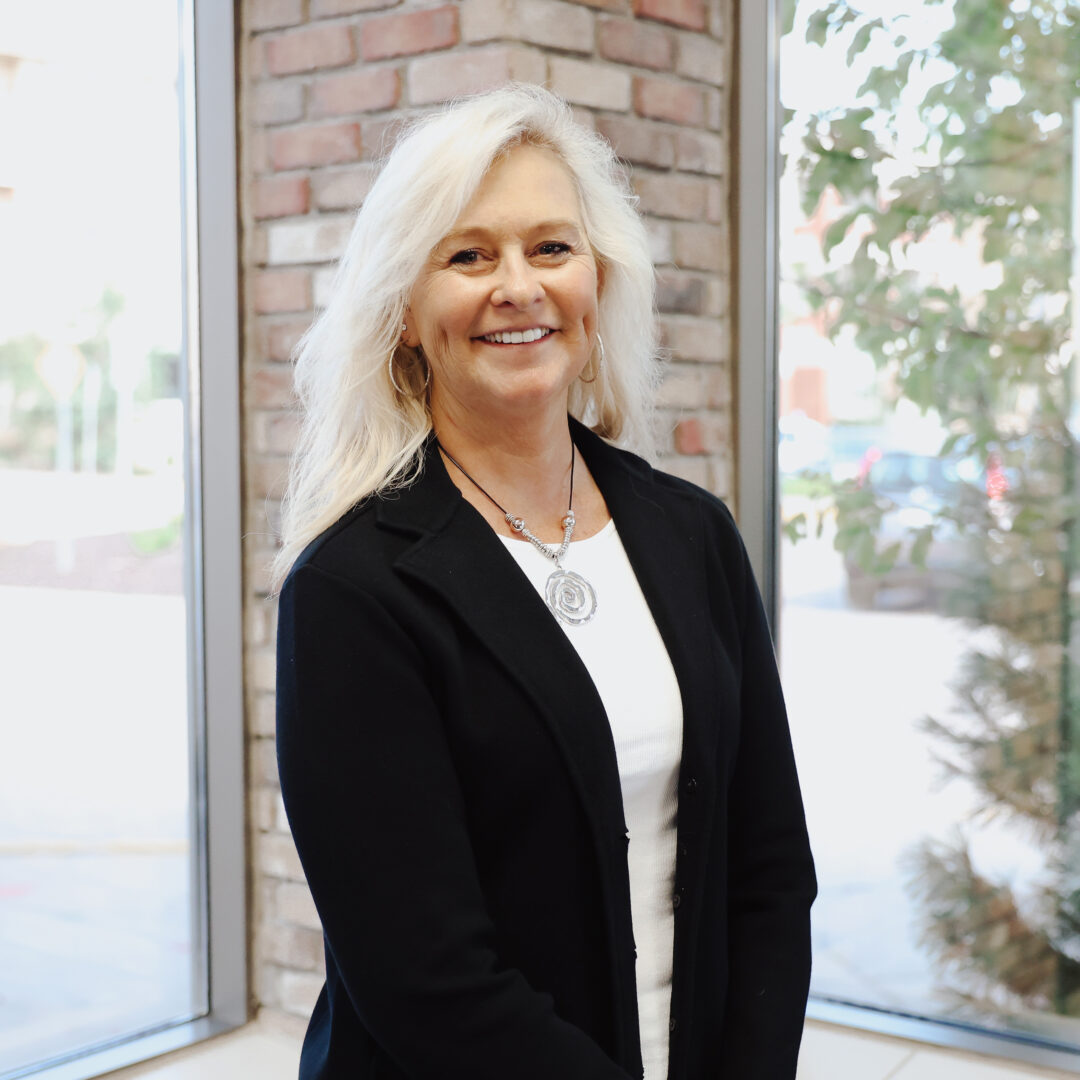
Paralegal Assistant

Partner, Attorney

Senior Paralegal
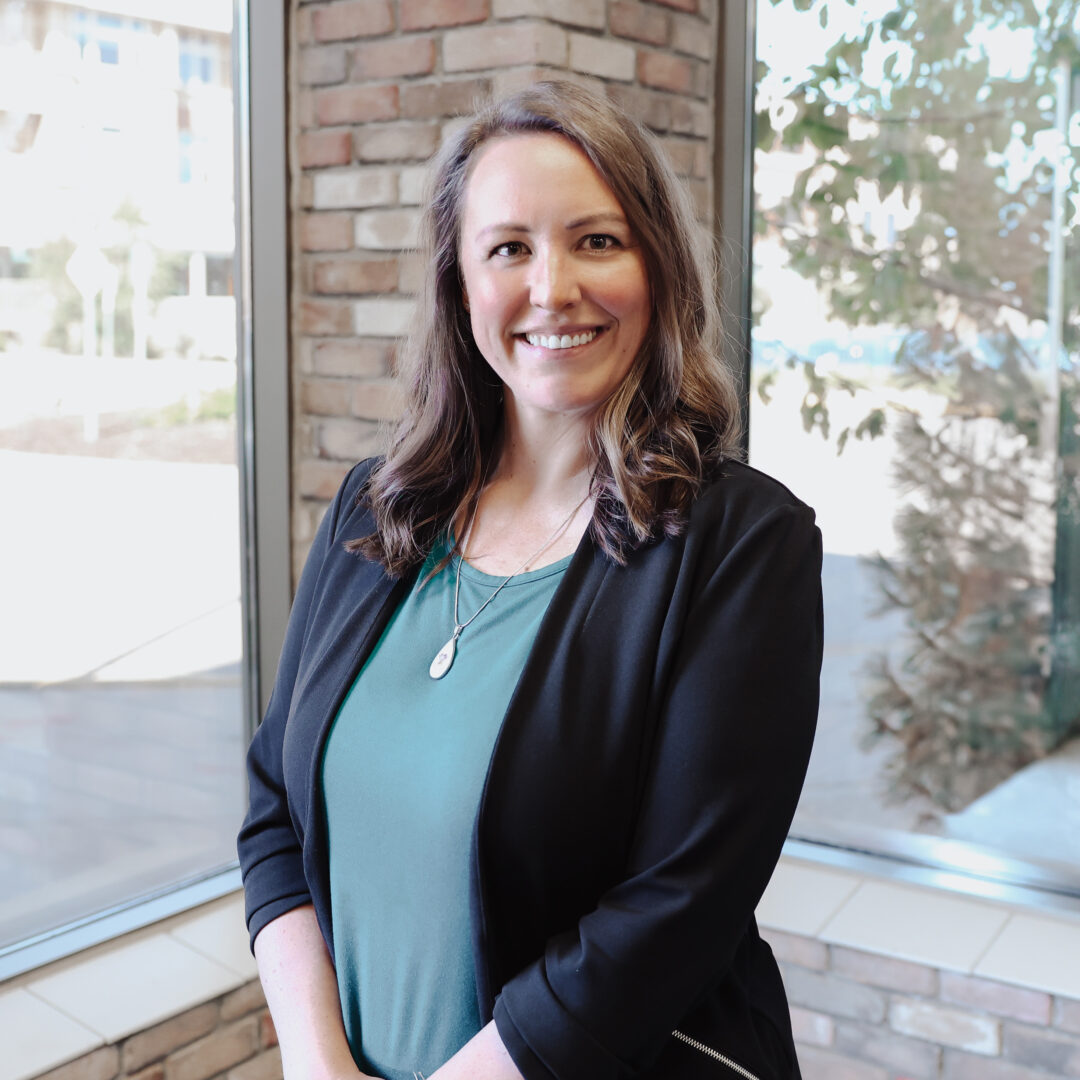
Senior Paralegal

Attorney

Attorney

Attorney

Marketing Coordinator

Partner, Attorney

Senior Client Service Representative

Chief Operating Officer

Client Engagement Specialist

Paralegal Assistant

Client Service Representative
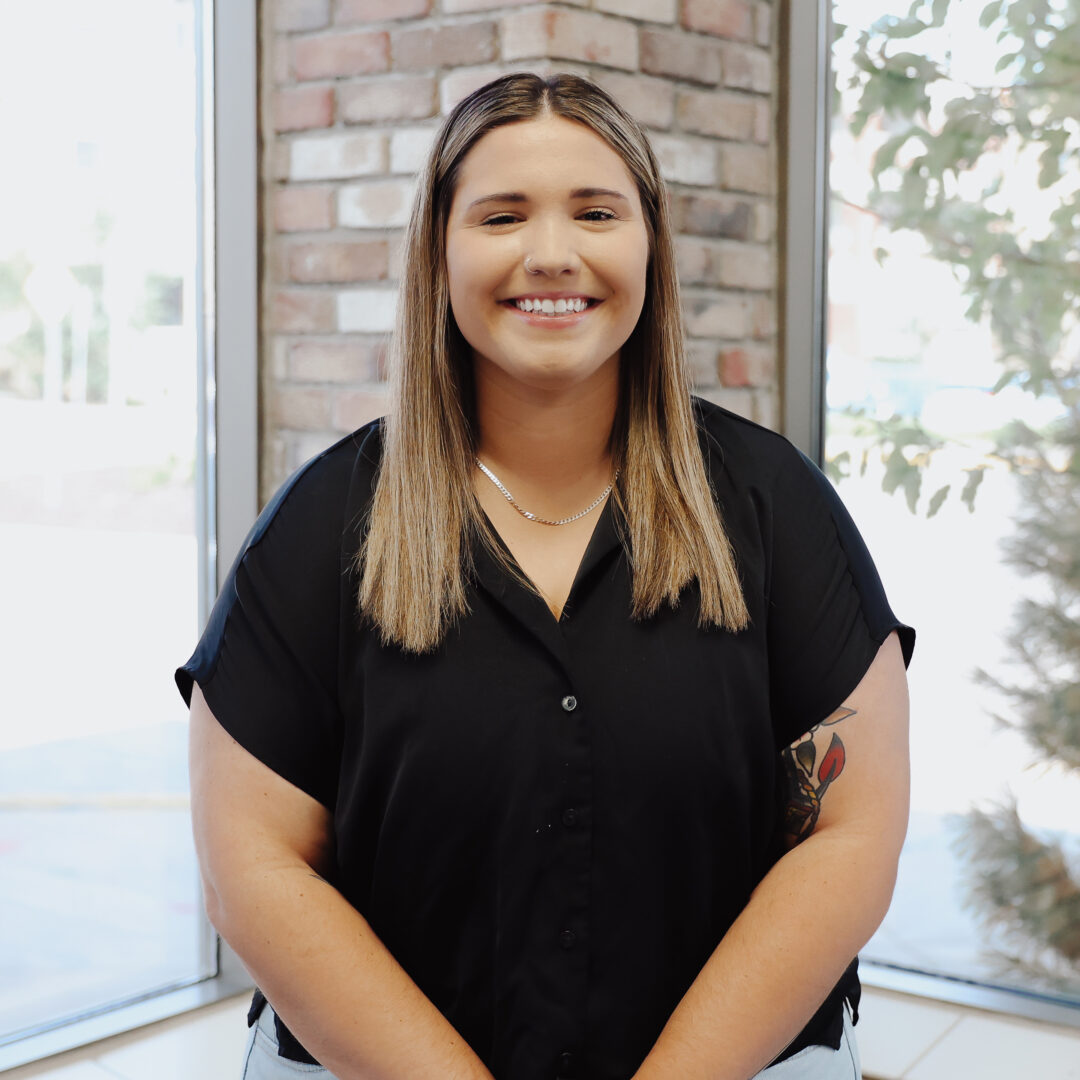
Intake Specialist

Accounting Associate

Head of Intake Specialist Team

Senior Paralegal

Senior Paralegal

Partner, Attorney, Family Law Mediator

Senior Paralegal

Associate Accountant

Client Service Representative
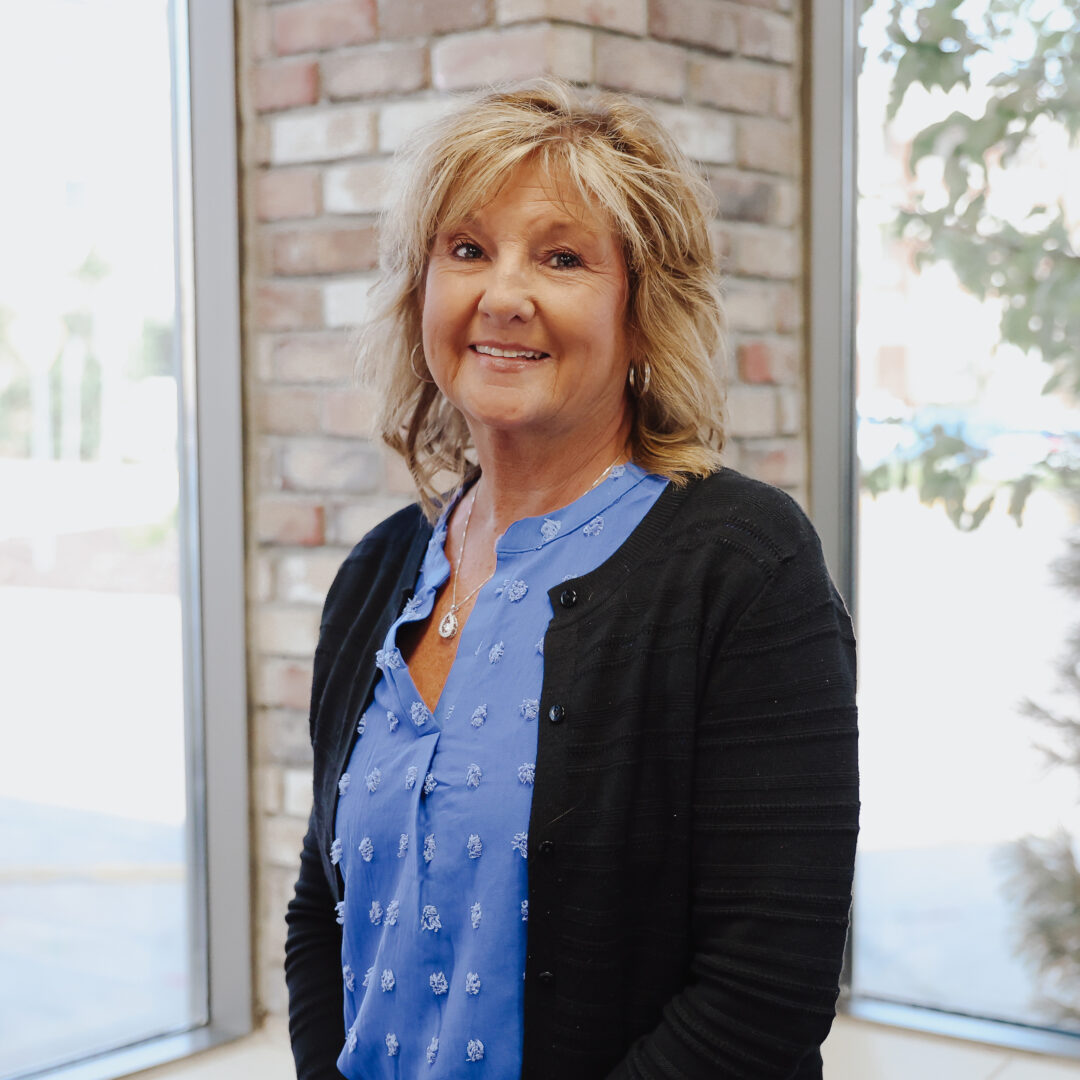
Client Service Representative

Senior Paralegal

Salesforce Administrator

Senior Paralegal

Client Engagement Specialist

Attorney

Senior Paralegal

Engagement Support Specialist

Attorney

Director of Legal Practice Operations

Partner, Attorney

Partner, Attorney & Family Law Mediator
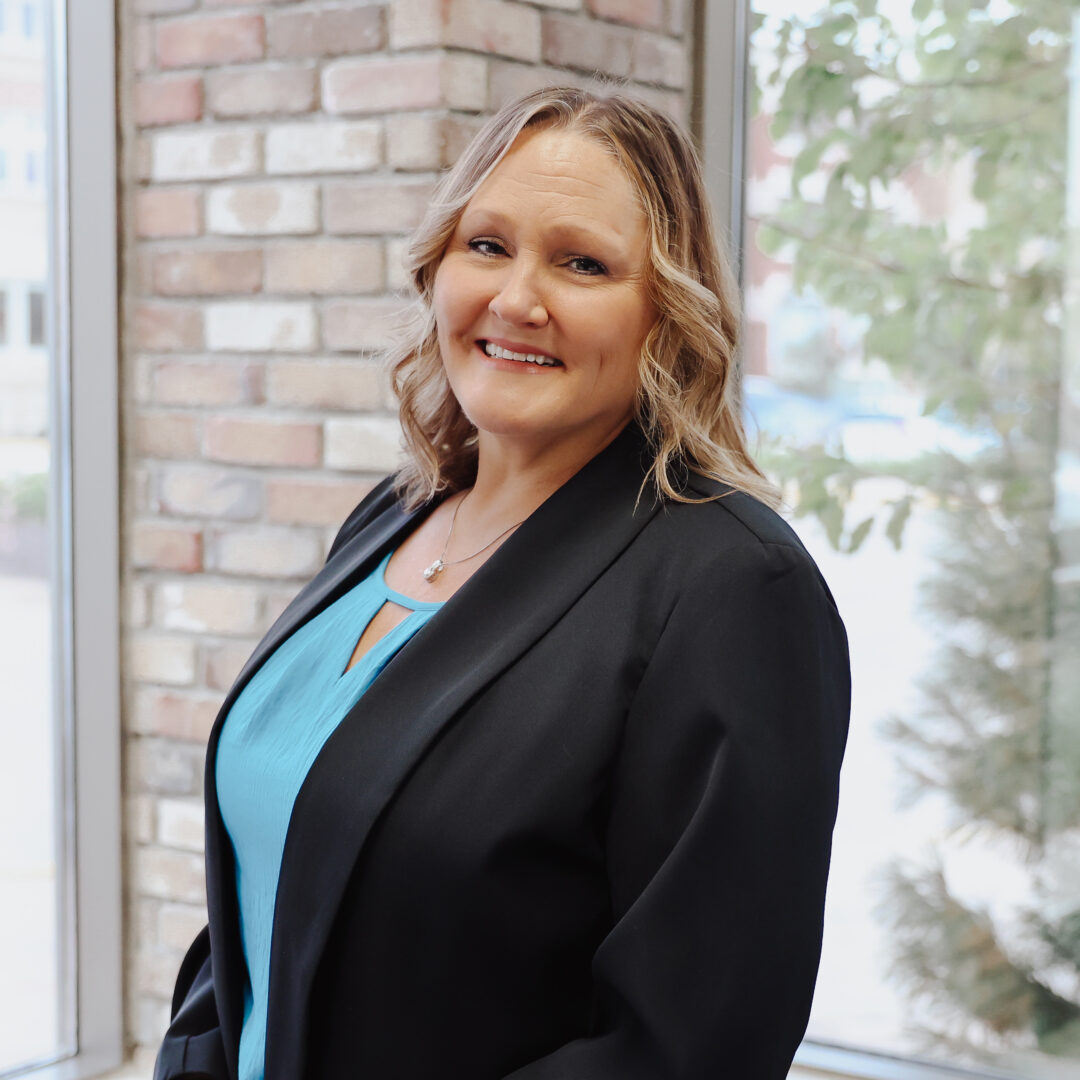
Client Engagement Specialist

Senior Paralegal

Attorney

Partner, Attorney

Attorney

Marketing Manager

Coach

Attorney

Our employees are the key to the success of our clients, and ultimately of the firm. We strive to create a culture that instills a sense of belonging. We want to provide our employees with a safety net, which empowers them to take risks and make leaps, while knowing that others will support, assist and, if need be, catch them. Maintaining a firm culture of shared vision, open communication, positive work environment and friendships will foster a cohesive team of professionals working together to champion the successes of our clients, our community partners, and the firm.

We believe the legal industry needs to break free from its stale and uncreative practices in order to serve the needs of today’s clients. We seek to lead the way in revolutionizing the way consumers experience legal representation. We strive to reinvent all major facets of the delivery of legal services, including how we involve our clients in our representation through information sharing and communication, how we produce legal documents, manage cases, and price our services. We understand the challenges that come with innovation, and strive to support one another’s new ideas.

We strive to ensure that our attorneys and staff are fully versed in their practice areas to provide our clients the best advice and representation. The knowledge necessary to do so includes not only mastering the letter of the law, but also understanding trends in the interpretation and application of the law. We are life long learners who know there will never come a day when we have all the answers. We nurture and rely on our strong network of relationships within the firm and beyond. We study; we reflect; we converse; and we challenge one another. Our depth of knowledge sets us apart.

We all experiences life’s challenges, whether as part of our day-to-day routines or as a result of an event or transition in one’s life. Johnson/Turner Legal strives to help its clients and the legal profession rise through such challenges. Whether by pursuing fairness and justice, by solving problems or by bringing new perspective, Johnson/Turner Legal is dedicated to building trust and providing comfort.

We are a service organization, helping people through challenges and transitions in their lives. Our work must extend beyond our clients to champion the success of our colleagues, friends and the communities at large in which we live and work. We work to improve our communities through volunteerism and leadership.


Bloomington
8400 Normandale Lake Blvd., Suite #920 Bloomington, MN 55437
Open hours Mon-Fri 8am – 5pm
Map & Directions
Burnsville
1509 Southcross Dr W, Suite 204
Burnsville, MN 55306
Open hours Mon-Fri 8am – 5pm

Duluth
230 West Superior Street, Suite #400
Duluth, MN 55802
Open hours Mon-Fri 8am – 5pm


Eden Prairie
6385 Old Shady Oak Rd., Suite #250
Eden Prairie, MN 55344
Open hours Mon-Fri 8am – 5pm
Map & Directions

Forest Lake
56 E. Broadway Ave, Suite #102
Forest Lake, MN 55025
Open hours Mon-Fri 8am – 5pm


Maple Grove
11670 Fountains Drive, Suite #200
Maple Grove, MN 55369
Open hours Mon-Fri 8am – 5pm
Map & Directions
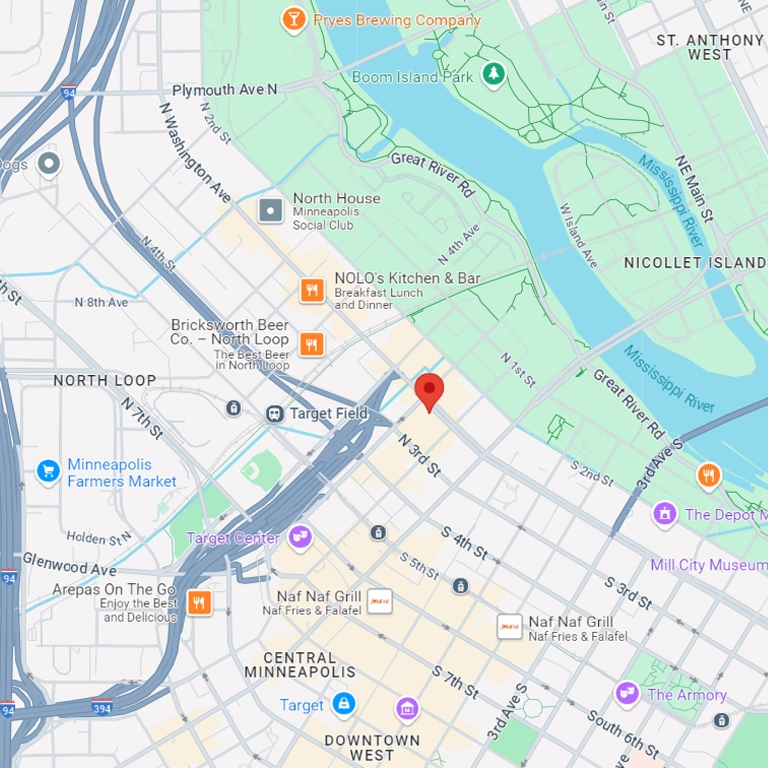
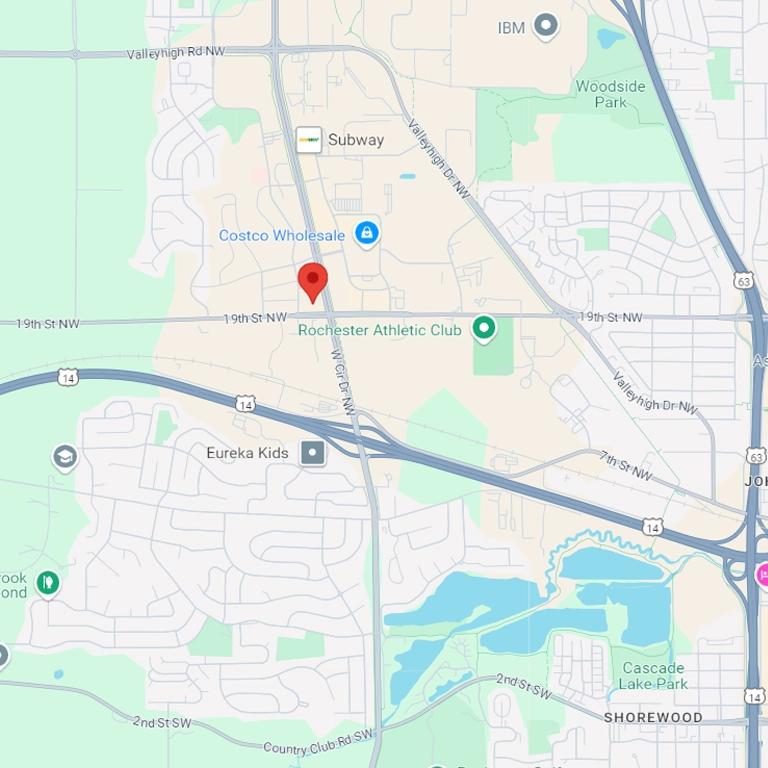
Rochester
2048 Superior Drive NW
Rochester, MN 55901
Open hours Mon-Fri 8am – 5pm
Map & Directions

Roseville
2355 Highway 36 West, Suite #400
Roseville, MN 55113
Open hours Mon-Fri 8am – 5pm

St. Paul
445 Minnesota Street, Suite #1500
St. Paul, MN 55101
Open hours Mon-Fri 8am – 5pm

Wayzata
1155 East Wayzata Blvd, Suite #10
Wayzata, MN 55391
Open hours Mon-Fri 8am – 5pm

Woodbury
7377 Currell Blvd., Suite #101
Woodbury, MN 55125
Open hours Mon-Fri 8am – 5pm
The information on this website is for general information purposes only. Nothing on this site should be taken as legal advice for any individual case or situation. This information is not intended to create, and receipt or viewing does not constitute, an attorney-client relationship.
Your privacy is important to us. Please review our Privacy Policy for more information.
© 2024 All Rights Reserved.